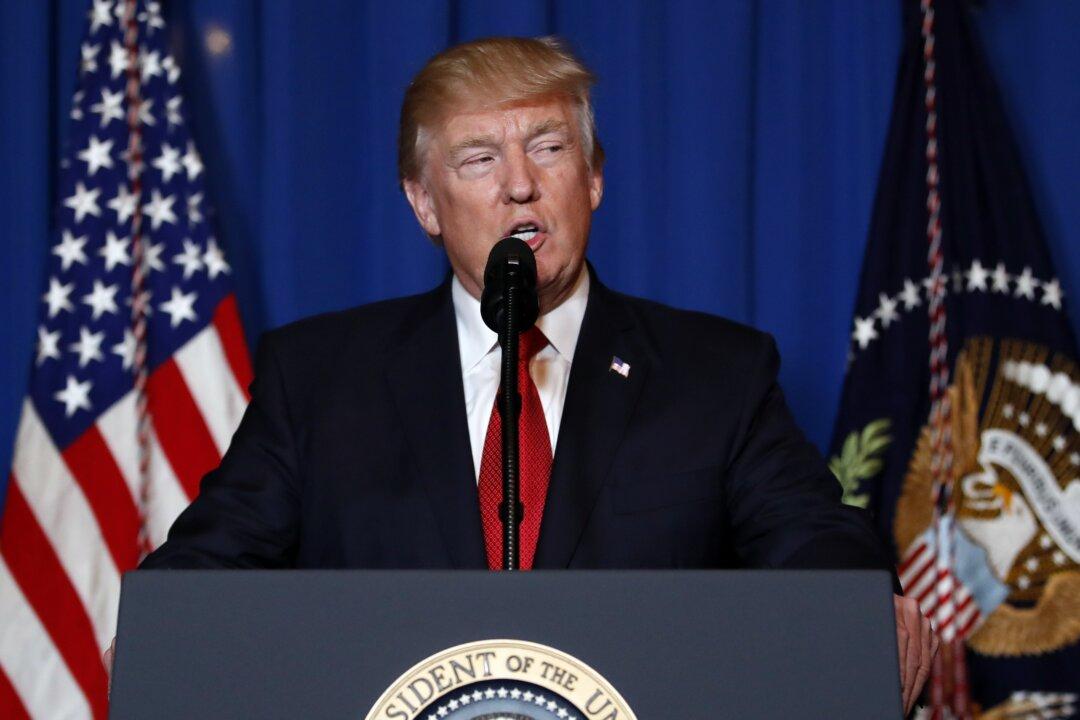WASHINGTON/SAN FRANCISCO—President Donald Trump said he would seek to keep his tough immigration enforcement policies from harming the U.S. farm industry and its largely immigrant workforce, according to farmers and officials who met with him.
At a roundtable on farm labor at the White House last month, Trump said he did not want to create labor problems for farmers and would look into improving a program that brings in temporary agricultural workers on legal visas.
“He assured us we would have plenty of access to workers,” said Zippy Duvall, president of the American Farm Bureau Federation, one of 14 participants at the April 25 meeting with Trump and Agriculture Secretary Sonny Perdue.
During the roundtable conversation about agriculture, farmers and representatives of the sector brought up labor and immigration, the details of which have not been previously reported. Some farmers told Trump they often cannot find Americans willing to do the difficult farm jobs, according to interviews with nine of the 14 participants.
They said they were worried about stricter immigration enforcement and described frustrations with the H-2A visa program, the one legal way to bring in temporary seasonal agricultural workers.






